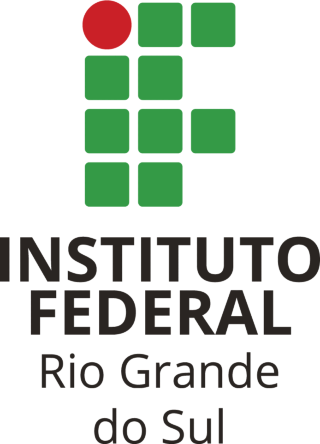O code switching no hunsriqueano-português: estudo de caso nas famílias Schneider e Massing na cidade de Vale Real-RS
| Title: | O code switching no hunsriqueano-português: estudo de caso nas famílias Schneider e Massing na cidade de Vale Real-RS |
| Author: | Schneider, Paola |
| Abstract: |
A presente pesquisa trata-se de um estudo de caso sobre o code switching entre Hunsriqueano e Português, isto é, a troca entre códigos linguísticos que ocorre nas famílias Schneider e Massing, residentes no Município de Vale Real, no Rio Grande do Sul. Entende-se por Hunsriqueano (ou Hunsrückisch) a língua de imigração alemã mais falada no Brasil, que foi trazida pelos alemães durante a imigração germânica em 1824. Logo, são objetivos deste estudo: identificar o fenômeno code switching nas situações de fala dos falantes da língua de imigração; classificar a classe gramatical dos elementos recorrentes do code switching Hunsriqueano-Português; contribuir para a preservação escrita do Hunsriqueano no sentido de documentá-lo. A partir de uma entrevista estruturada, ocorreu a etapa das gravações com o auxílio de um gravador, em que os entrevistados falaram abertamente sobre quatro temáticas, utilizando a língua de imigração. Em seguida, coletaram-se os dados e se analisou a fala de treze falantes de ambas as famílias: dois avôs, sete tios e quatro primos, todos bilíngues, levando em consideração alguns fatores extralinguísticos, como gênero, idade língua materna e grau de escolaridade. A análise das entrevistas destacou que a troca de códigos linguísticos neste contexto de pesquisa ocorre, na maioria das vezes, em substantivos, seguidos das interjeições e verbos, respectivamente. Para além disso, este estudo apontou que há um processo de substituição linguística do Hunsriqueano pelo Português entre os falantes mais jovens, o que mostra a possibilidade do uso do Hunsriqueano ser extinto na área estudada. Por fim, para além da análise linguística, este estudo dedicou-se ainda em contribuir no processo de salvaguardar o Hunsriqueano, visto que as línguas faladas pelos descendentes de imigrantes são uma parte da história do Brasil. This research promotes a case study about the Hunsrückisch-Portuguese code switching, which consists in a shift between language codes that occurs in Schneider and Massing families, who live in Vale Real, state of Rio Grande do Sul. Hunsrückisch (in German) is considered the most widely spoken German immigration language in Brazil, which was brought by the German people during their immigration, in 1824. So, this study aims: identifying the code switching phenomenon in the speech situations from the immigration language speakers; classifying the word class of the recurrent words during the Hunsrückisch-Portuguese code switching; contributing to the Hunsrückisch written preservation in order to register it. Starting from a structured interview, the recording stage took place using an audio recorder, in which interviewees freely spoke about four themes, speaking in their immigration language. Then, data were collected and speech was analyzed from thirteen speakers of both families: two grandparents, seven uncles and four cousins, all bilingual; considering some extralinguistic aspects, such as: gender, age, educational level and mother tongue. The interviews’ analysis emphasizes that the shift between linguistic codes in this context of research occurs mostly in nouns; followed by interjections and verbs, respectively. In addition, this study has pointed out that there is a process of linguistic replacement, from Hunsrückisch to a Portuguese favoritism among younger speakers, which shows a possibility of the extinction in use of Hunsrückisch in the studied area. Finally, in addition to a linguistic analysis, this study is also dedicated to contribute to safeguard Hunsrückisch, once the languages spoken by the immigrants’ descendants are part of Brazil’s history. |
| URI: | https://dspace.ifrs.edu.br/xmlui/handle/123456789/880 |
| Date: | 2018 |
Files in this item
| Files | Size | Format | View | Description |
|---|---|---|---|---|
| 123456789880.pdf | 1022.Kb |
View/ |
Texto completo |



